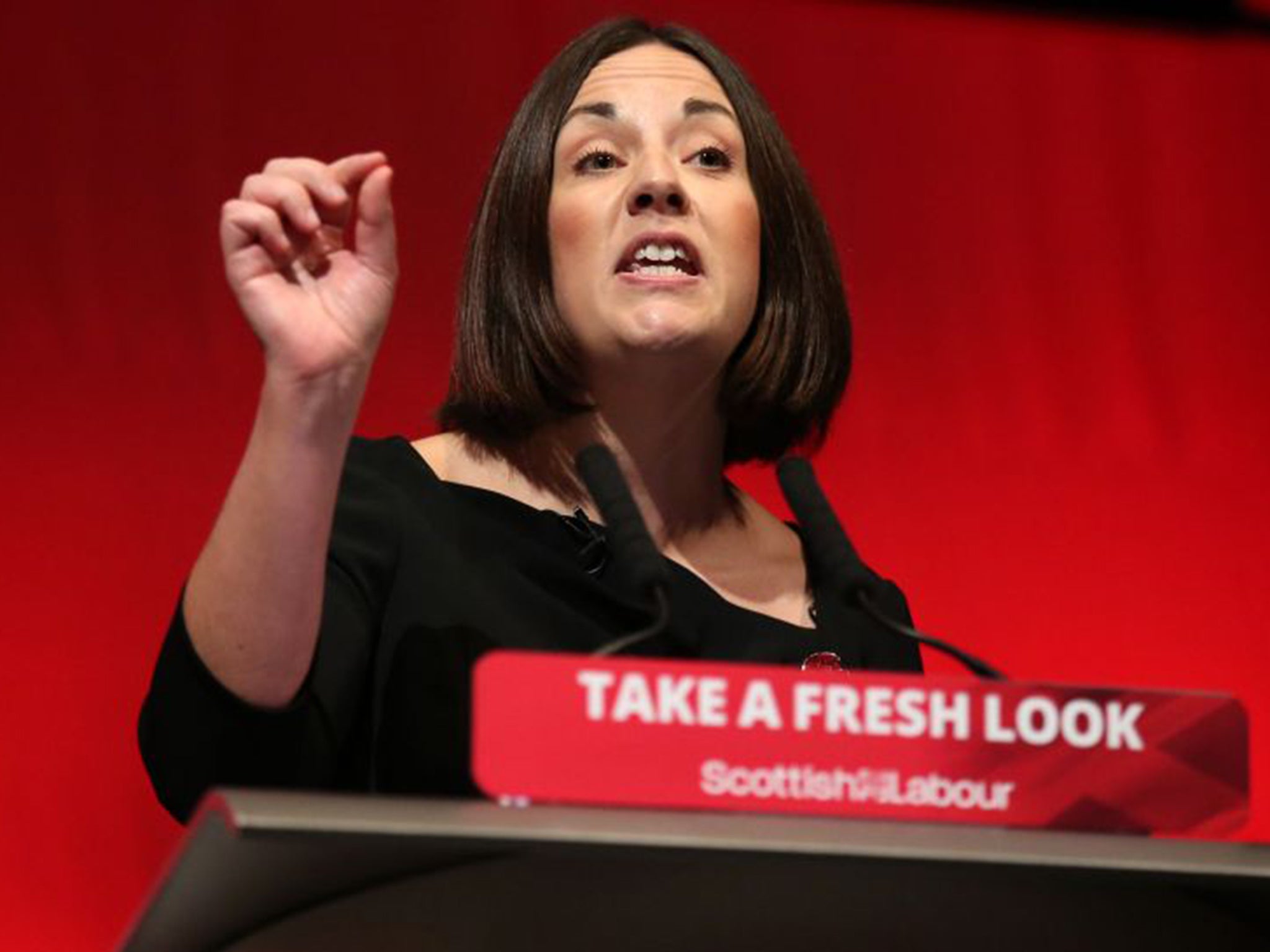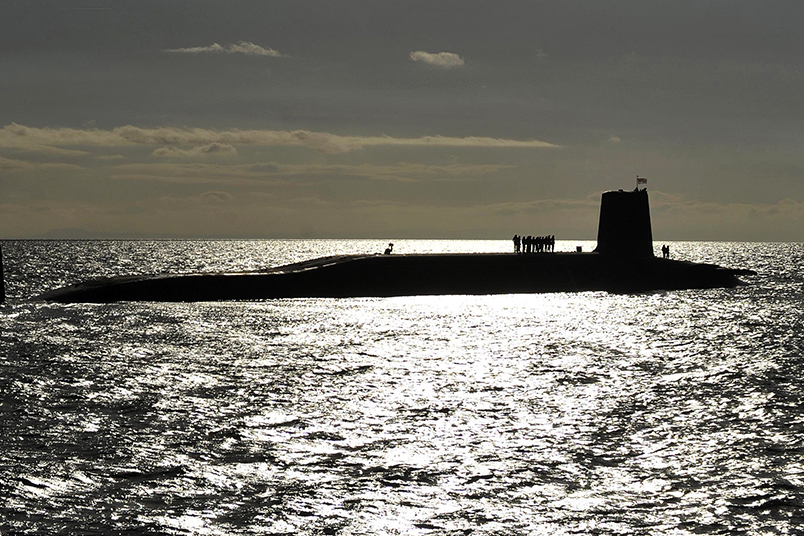Your support helps us to tell the story
From reproductive rights to climate change to Big Tech, The Independent is on the ground when the story is developing. Whether it's investigating the financials of Elon Musk's pro-Trump PAC or producing our latest documentary, 'The A Word', which shines a light on the American women fighting for reproductive rights, we know how important it is to parse out the facts from the messaging.
At such a critical moment in US history, we need reporters on the ground. Your donation allows us to keep sending journalists to speak to both sides of the story.
The Independent is trusted by Americans across the entire political spectrum. And unlike many other quality news outlets, we choose not to lock Americans out of our reporting and analysis with paywalls. We believe quality journalism should be available to everyone, paid for by those who can afford it.
Your support makes all the difference.Delegates at the Scottish Labour Party conference have voted to scrap the Trident nuclear missile system.
70 per cent of trade unionist and member delegates voted not to renew the weapon, which is based in Scotland and due to reach the end of its life.
The Scottish party’s policy is now different from that of the UK Labour party – which officially supports renewal of the weapons system.
Labour leader Jeremy Corbyn wants to scrap the weapon, however.
"This is a weapon of mass destruction," he told the BBC in September. "I want us to fulfil our obligations under the nuclear non-proliferation agreement and work towards disarmament.
"I also want to ringfence that money in engineering and defence diversification projects. People's jobs are not at risk because of this, in fact the engineering employment base in this country would be stronger."
Scottish Labour leader Kezia Dugdale did not support Sunday's motion to scrap the weapon, however.
The UK party avoided a vote on the issue at its annual conference on September after delegates decided to prioritise other issues for debate.
Trade unions, including Britain’s biggest union Unite, said they would vote to keep the system because of the potential impact on jobs scrapping it could have.

This means Mr Corbyn would have been likely to lose any vote on the system if it had come to the conference floor.
The motion passed by Scottish Labour says defence worker jobs should be retained if the weapon is scrapped and that some of the £100bn system could be used to diversify the UK’s defence capability.
“As a signatory to the nuclear Non-Proliferation Treaty, Britain should … give a lead in discharging its obligations by not seeking a replacement for Trident and abandoning plans to spend billions on a new generation of nuclear weapons,” the motion reads.
“This is more relevant than ever at a time of so-called austerity and it cannot be right to spend large sums on weapons of mass destruction when essential services are facing cuts.”
Many Labour MPs also support Trident, with reports that they will be offered a free vote on the subject when it comes to Parliament.
The Scottish National Party, which governs Scotland, and the Green Party also oppose renewal.
The Liberal Democrats want to keep nuclear weapons but say they would buy a less expensive system. The Conservatives fully support renewing the weapon.
Calculations released by the Reuters news agency based on official figures last weekend found that the real cost of replacing the weapon would be close to £167bn, significantly higher than previous estimates.
The independent Trident Commission had previously estimated £100bn while ministers tend to cite figures in the low tens of billions.
Trident is not popular in Scotland, with polls showing most Scots do not want the weapon based there.

Join our commenting forum
Join thought-provoking conversations, follow other Independent readers and see their replies
Comments